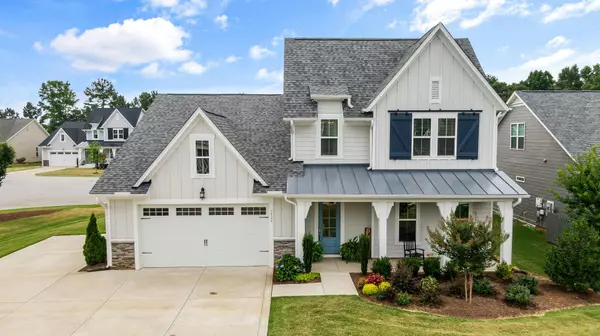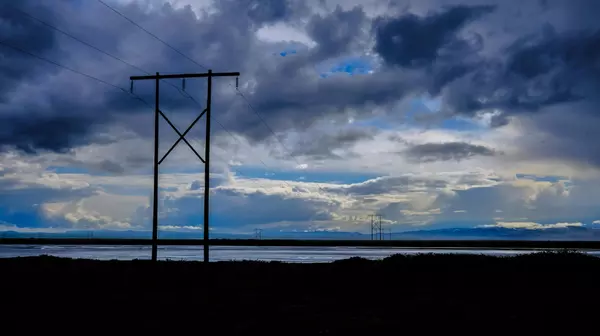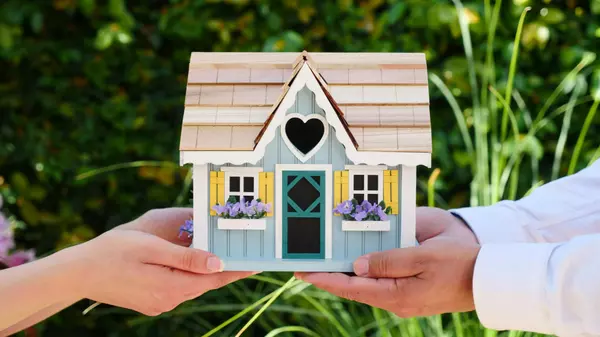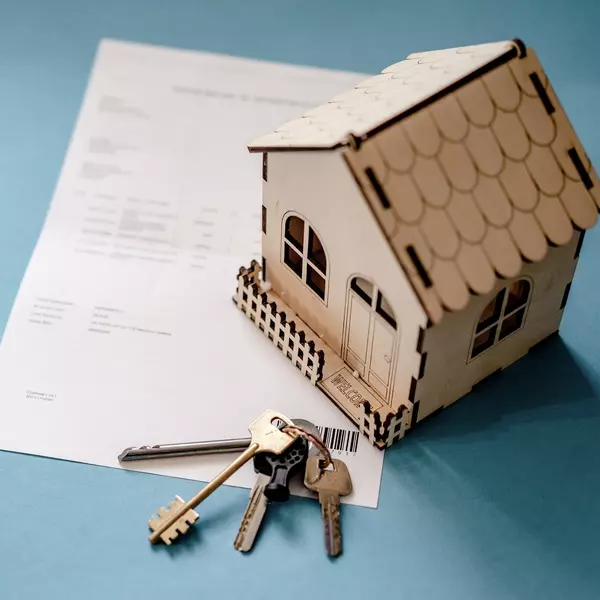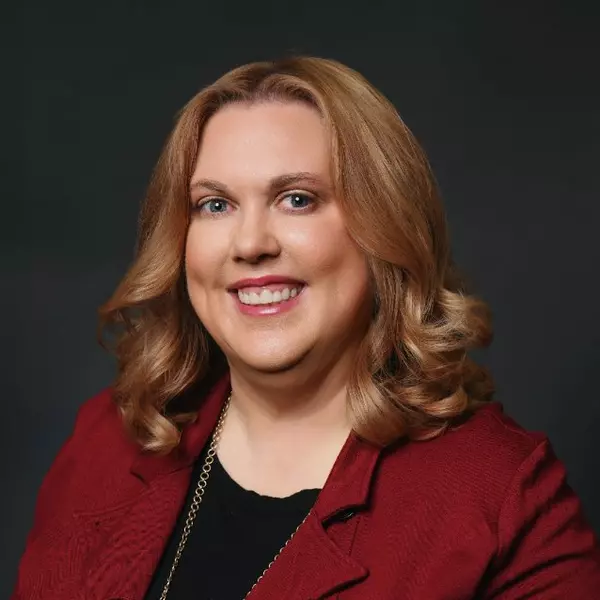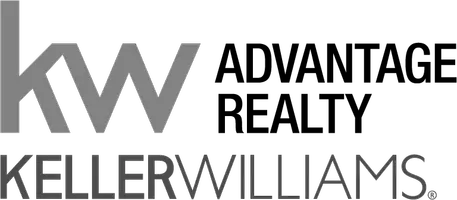The Truth About Solar Panels: What Homeowners Need to Know Before Signing Anything
If you've seen ads or had someone knock on your door promising “free solar panels”, you're not alone. And if you’re wondering whether it’s really a good deal… you're smart to ask questions.
As a local real estate agent in the Conroe and The Woodlands area, I’ve seen too many homeowners misled by slick solar sales tactics—and it can cost them big when it’s time to sell or refinance.
This blog breaks down:
- The deceptive sales tactics used in the solar industry
- What leases, loans, and ownership actually mean
- How solar affects your home’s resale value
- And why you need to protect your parents and grandparents from these contracts
Let’s clear things up.
🚩 The Solar Sales Pitch: Too Good to Be True?
Most solar deals start the same way: someone knocks on your door or you see an ad that says things like:
- “No money down”
- “Slash your electric bill”
- “Government program ending soon”
They’ll promise savings, tax incentives, and even increased home value. But what they often don’t explain is:
- You may be leasing the system, not owning it
- The contract could last 25 years
- There may be a UCC lien placed on your home
- The “savings” are often based on ideal scenarios, not actual performance
And remember: these reps are typically paid commission, not trained financial advisors. Their job is to get you to sign—not to make sure it’s the best deal for you long-term.
⚖️ Lease vs. Loan vs. Buying Solar Outright
There are three ways to go solar, and they’re not created equal.
1. Leasing
You don’t own the system—the company does. You pay a monthly fee (usually $80–$200), often with escalating payments that increase annually. It’s hard to get out of, and transferring the lease during a sale can be a nightmare.
2. Financing (Loan)
You technically “own” the system, but the lender places a UCC-1 filing (a lien) on your home. Most loans are 20–25 years, and the payments may wipe out any utility bill savings you’re expecting.
💡 What’s a UCC-1 filing?
It’s a legal claim by the lender that says, “We have an interest in this equipment.” It doesn’t go on your home like a mortgage, but it can delay or block your sale or refinance if not properly addressed.
3. Buying Outright
This is the cleanest option. You pay upfront—typically $15,000 to $30,000—and own the panels with no lien, no lease, and no long-term strings. You also get to keep any tax credit (if you qualify). But the big question is...
💰 Does Solar Actually Add Value to Your Home?
Here’s the honest answer: not much—at least not in our local market.
Even when the system is owned, I rarely see solar add substantial appraised value in Conroe, The Woodlands, or Spring unless:
- The system is fully paid off
- It’s less than 10 years old
- You can document clear monthly savings
- And the buyer actually wants solar
At best, it might help your home stand out. But most appraisers won’t assign significant value unless all of those boxes are checked—and sometimes not even then.
If the system is leased or financed, it often makes the home harder to sell, not easier.
🏡 How Solar Complicates Selling Your Home
If you decide to sell with solar, here’s what you’re facing:
With a Loan:
- You may need to pay off the loan at closing
- The buyer might not qualify to take over
- The UCC lien must be cleared before closing
With a Lease:
- Buyers can be hesitant to assume long-term payments
- The solar company must approve the transfer
- Your buyer’s lender may block the deal entirely
I’ve personally had buyers walk away from homes over solar contracts—and deals delayed because of confusion around the lien or lease.
If you’re thinking about moving in the next 5–10 years, be very cautious before signing a solar agreement.
🛑 A Warning About Elderly Homeowners
This is something I feel strongly about.
Many solar companies target older homeowners. They go door-to-door during the day when they know retirees are home, and they use urgency and confusion to push people into long-term contracts.
I’ve spoken with seniors who didn’t realize they were leasing the panels—or that their $0 down deal came with escalating payments and a 25-year commitment.
👉 If you have elderly parents, grandparents, or neighbors—please talk to them about this. Ask if anyone has approached them about solar. Review what they’ve signed. Protect them before it becomes a problem.
✅ If You’re Considering Solar, Ask These Questions First:
Your Solar Smart Checklist:
- Is this a lease, loan, or full purchase?
- Who gets the tax credit?
- Is there a UCC lien involved?
- What’s the total system cost—not just the monthly?
- What happens if I sell or refinance?
- Is this company reputable and local?
- Can I speak to past clients about their experience?
- Do I plan to stay in this home at least 10+ years?
Need Help Reviewing a Solar Situation?
If you're considering solar or thinking about selling a home with panels already installed, I’m happy to help you understand what you’re working with. It’s not always a dealbreaker—but it is something you need to approach with eyes wide open.
Categories
Recent Posts
